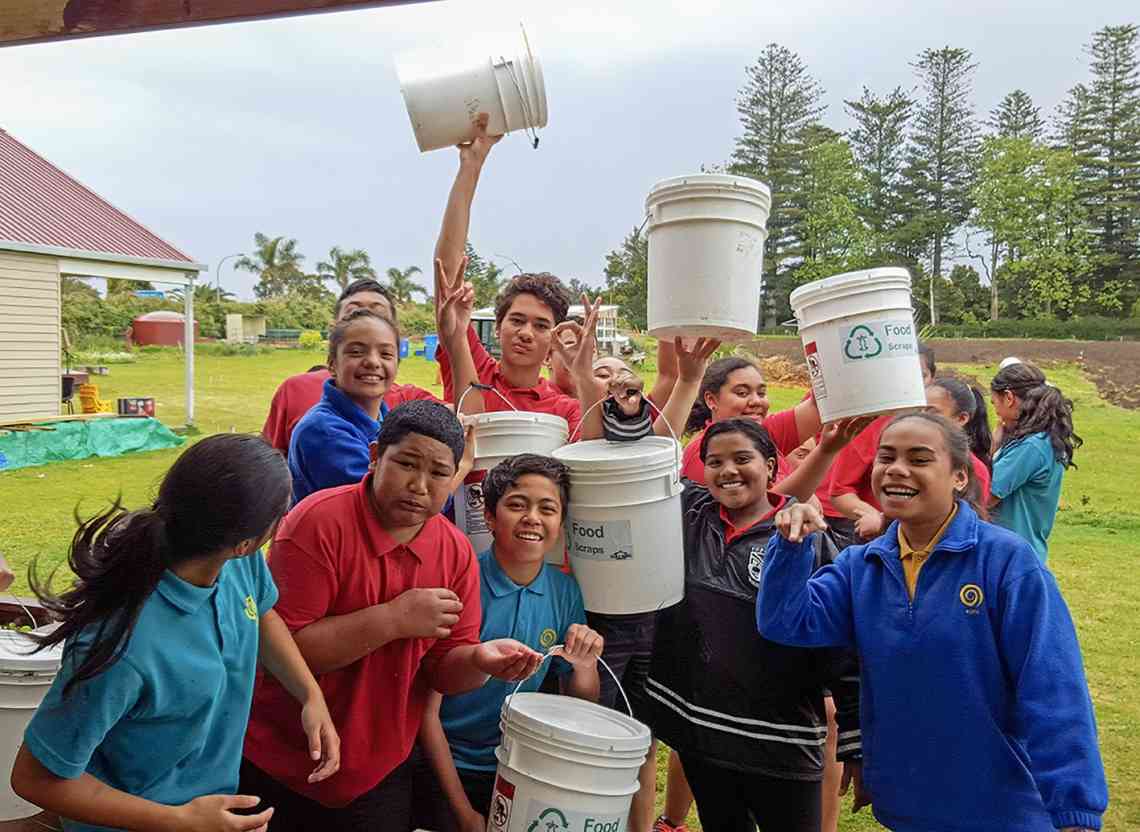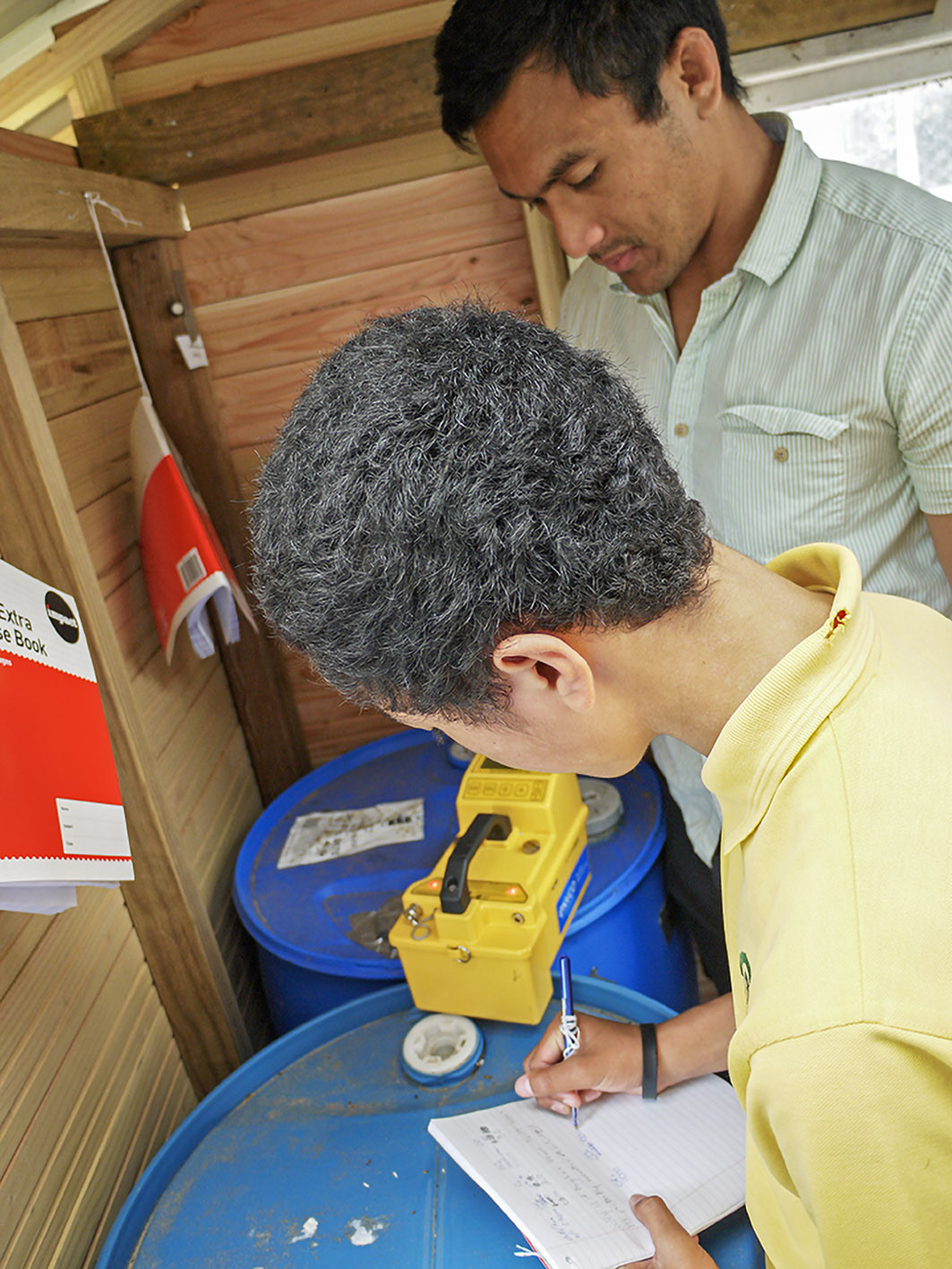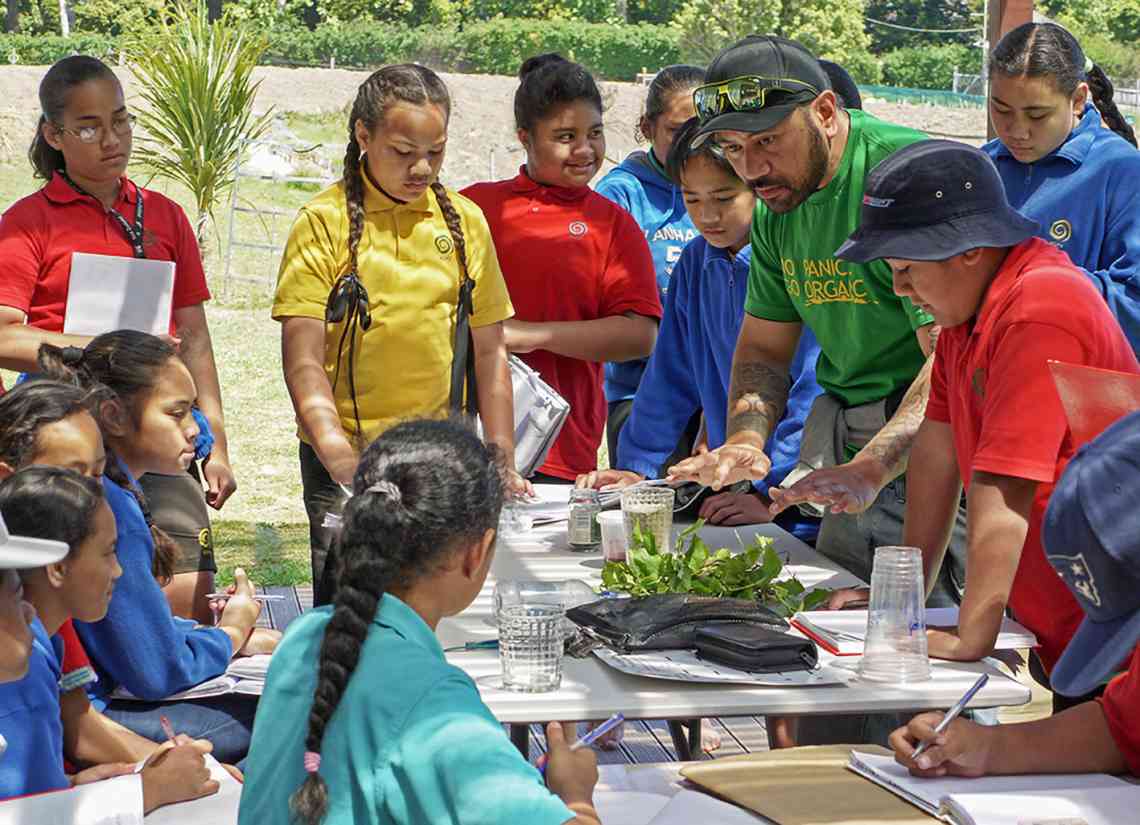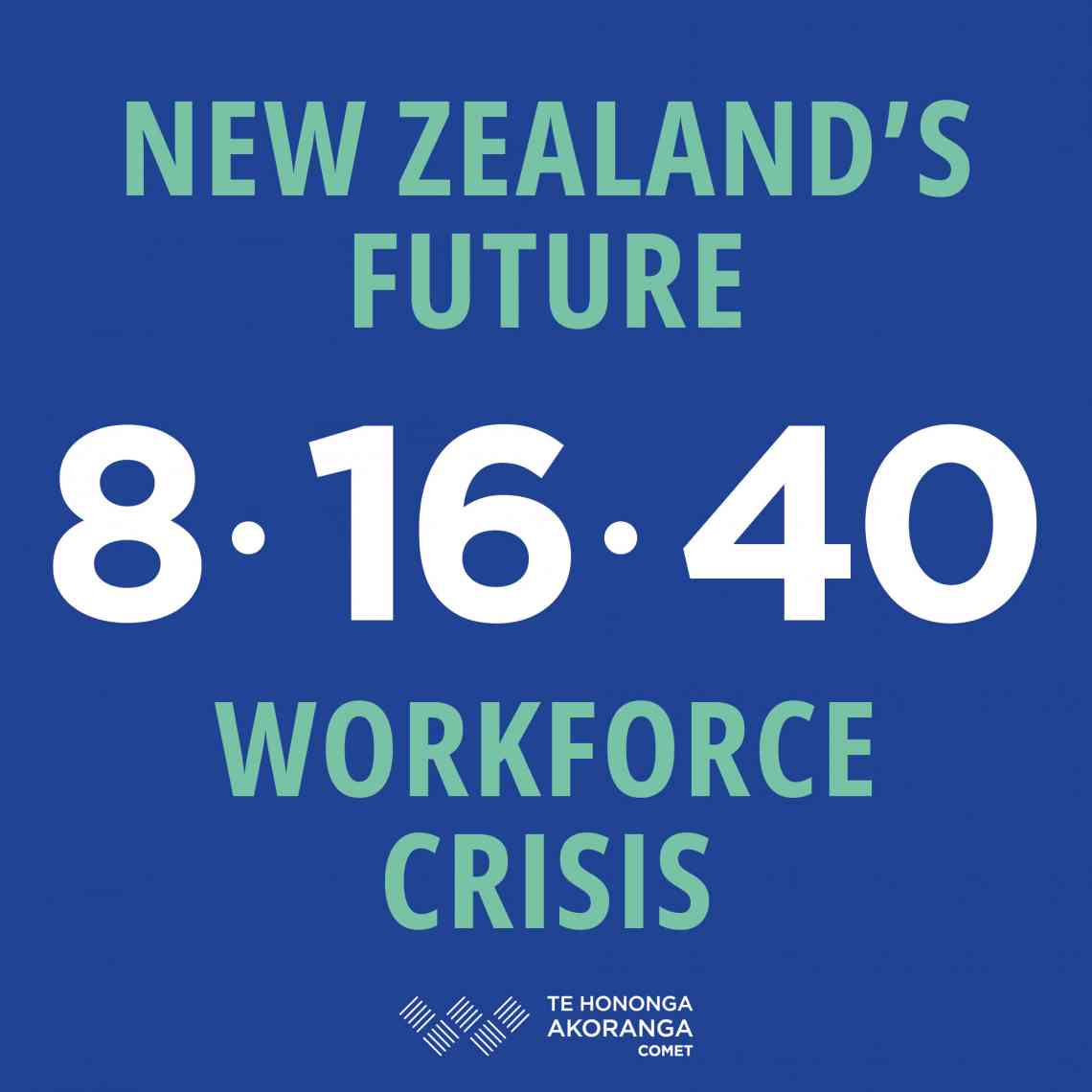Getting our Māori and Pasifika rangatahi engaged in STEM is critical
To solve the 8•16•40 Crisis, we need to ensure that Māori and Pasifika students can see themselves in STEM.
New Zealand businesses are already feeling the impact of the STEM talent shortage — but they don’t have to sit on the sidelines. The Kai Waste Composting project outlined below proves how industry, community and education can work together to tackle real-world challenges while inspiring the next generation of problem solvers.
Through a partnership with Papatūānuku Kōkiri Marae and Sustainable Coastlines, students from Koru School in Māngere used scientific analysis to explore how microbes could improve composting efficiency — a question that has direct implications for waste management, sustainability and business innovation.
By engaging with STEM mentors and industry experts, these students gained hands-on experience in environmental science, data analysis and sustainable business practices. If we want to fix the STEM pipeline, businesses need to invest in projects like these, where students can see firsthand how STEM solves real-world industry challenges.
Kai Waste Composting #
What is the ‘fart rate’ of different composting systems?
To answer this highly scientific question, students from Koru School investigated whether adding microbes to food waste changes how much gas is made as it breaks down into compost.
The project was part of Papatūānuku Kōkiri Marae's Para Kore (zero waste) programme, which emphasises reuse, recycling and composting.


The students brought kai (food) waste from home for a week. They added it to experimental compost barrels — either with or without a microbial starter — and measured the gas changes as the waste decomposed.
The students used a gas analyser and found there were four main outputs: methane, oxygen, carbon dioxide and carbon monoxide.
Once the analysis was complete, the barrels were opened and the students spread the compost on the marae’s kūmara beds. Students coined the slogan “Don’t be a loser, be a re–user” during this project. Wearing their specially–designed 'green' t–shirts, the students presented their research to the whole school at an assembly.

“The students’ ‘eyes lit up’ when they worked on this project [because] they were developing a real connection with science itself and understood the work. Marae members were taken aback by the level of pride students had in their new knowledge.”
Lionel Hotene, Para Kore manager
Papatūānuku Kōkiri Marae
